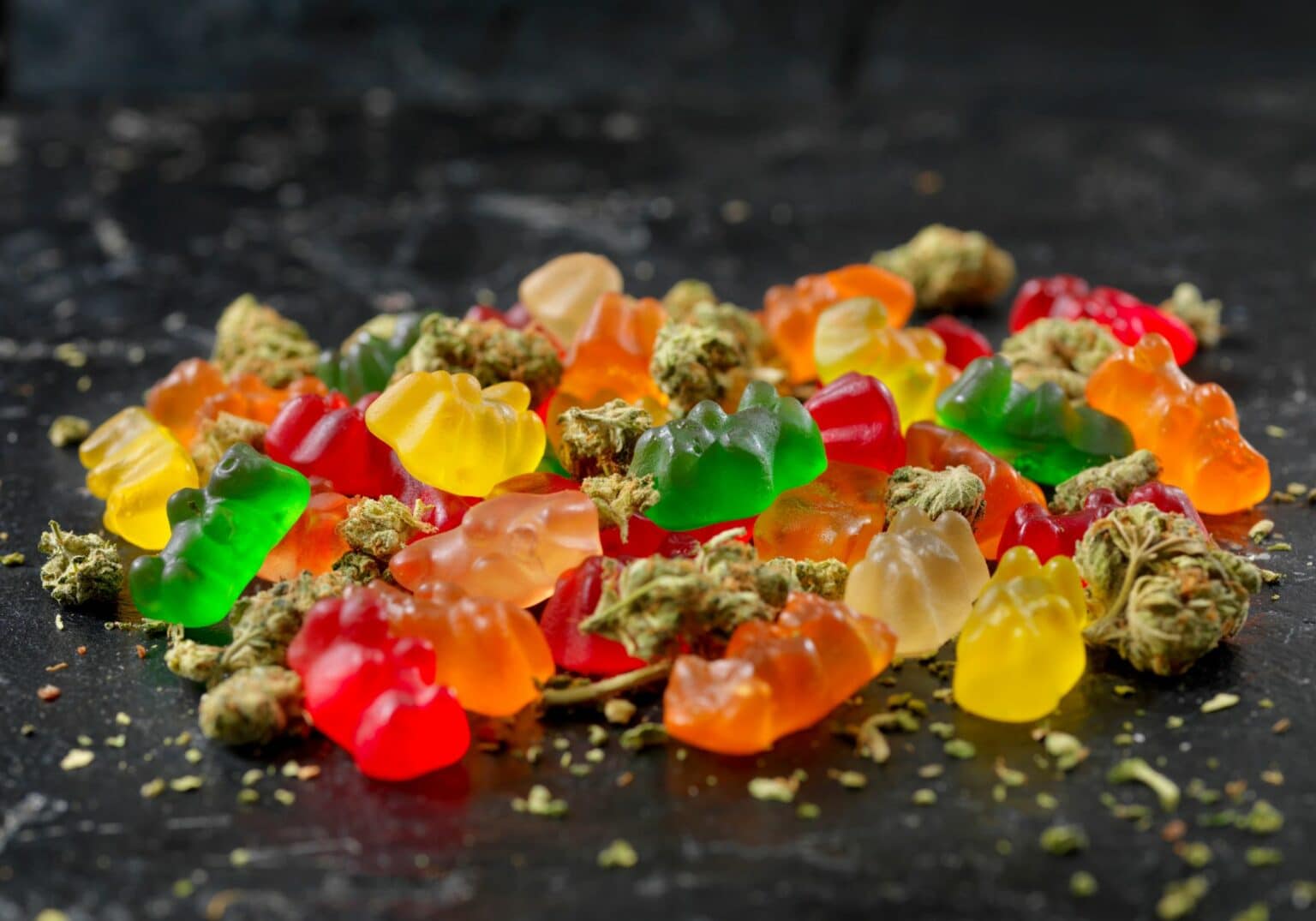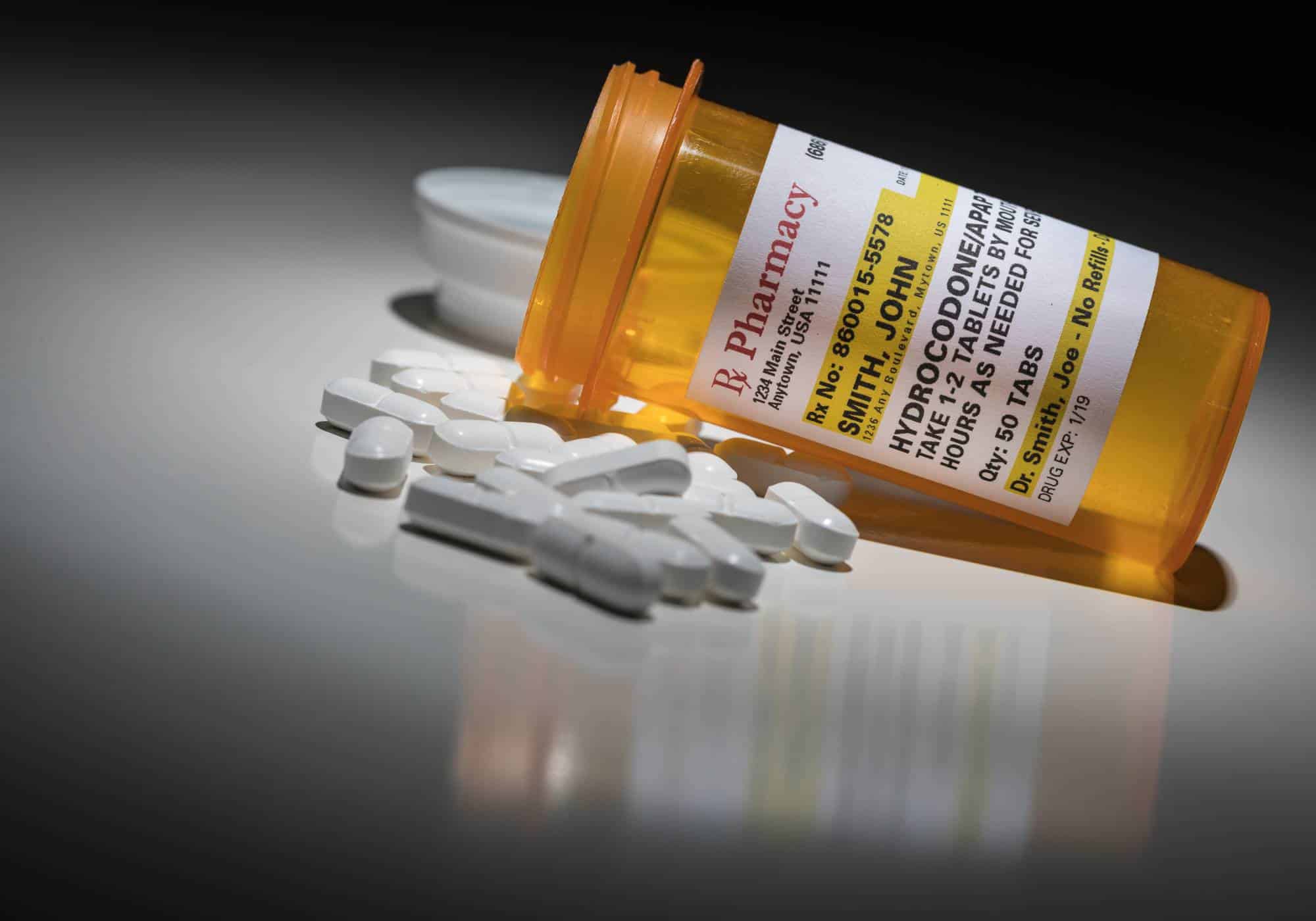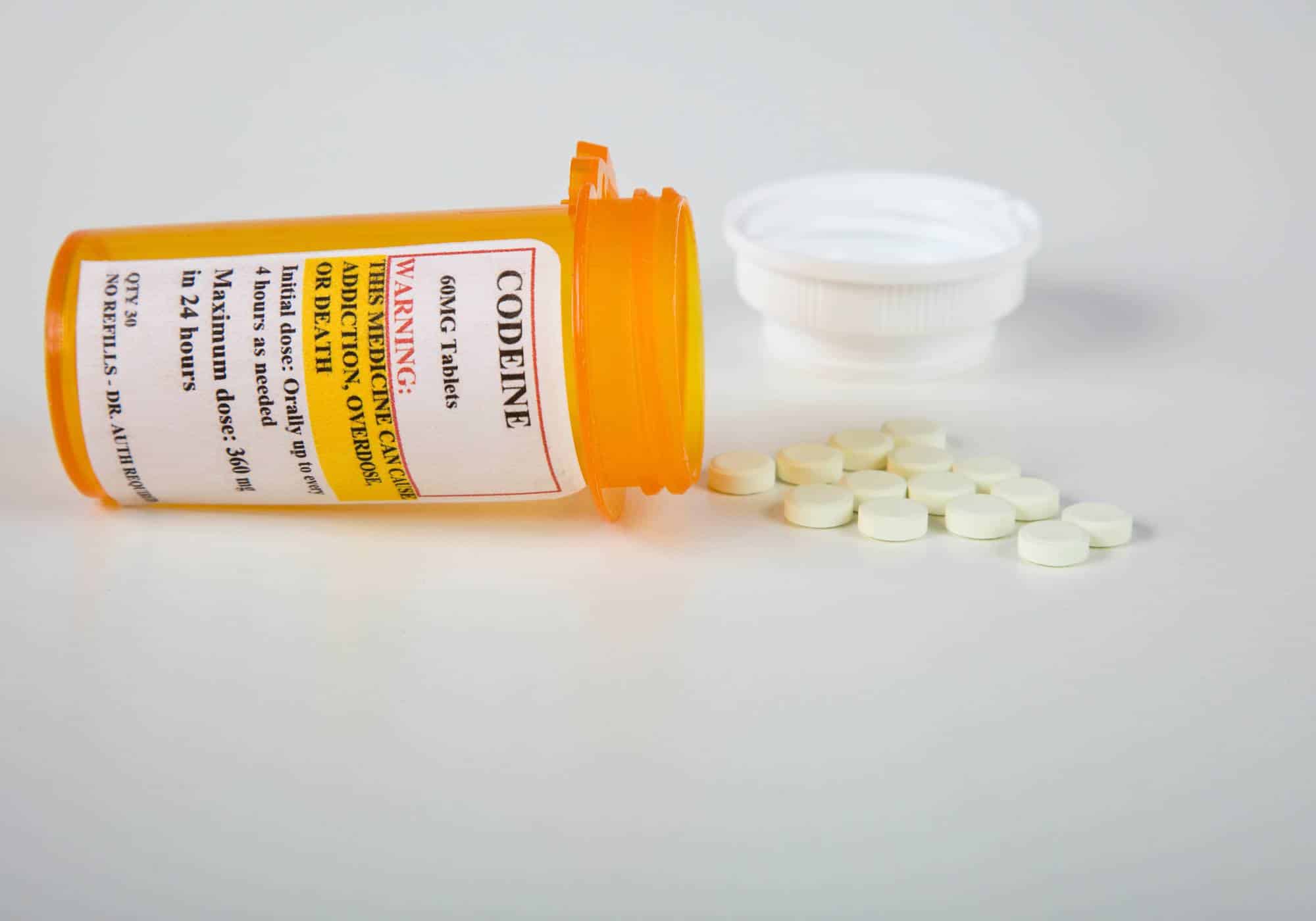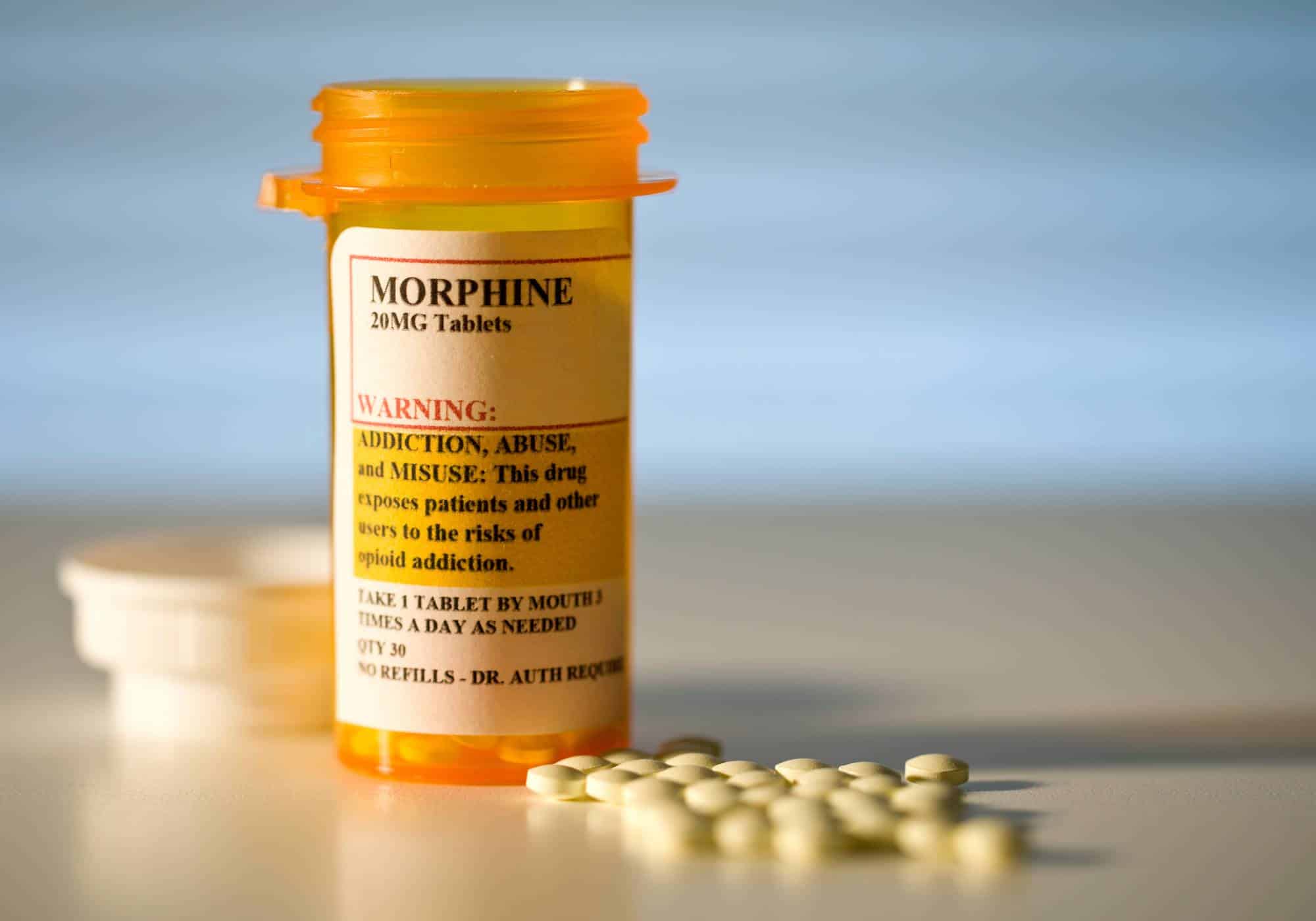As marijuana becomes legal in more areas of the United States, its usage is on the rise, including the consumption of marijuana-infused edibles. These edibles, while offering an alternative to smoking, carry their own set of risks, particularly for teenagers. Due to their resemblance to ordinary snacks or candies, there’s a risk of overconsumption, leading to severe adverse effects.
The prolonged intake of marijuana edibles can lead to health complications and the potential for developing a dependency on marijuana. At Hope Harbor Wellness, we are committed to assisting individuals or their loved ones in navigating the challenges of marijuana addiction. If concerns about dependency arise, we encourage reaching out for support. Contact Hope Harbor Wellness at 678-929-6304 for help.
What are Weed Edibles
Edibles are foods infused with marijuana, available in various forms, including:
- Baked goods
- Candies
- Gummies
- Chocolates
- Lozenges
- Beverages
These products can be crafted at home or purchased from dispensaries. For homemade edibles, the psychoactive compound THC is typically extracted into oil or butter, which is then used in cooking or applied directly to food.
While smoking is still the most common method of consuming marijuana, eating edibles has gained popularity. However, many individuals are not fully aware of the risks involved with edibles, leading to potential dangers in their consumption.
The Risks of Consuming Marijuana Edibles
Extended Duration of Effects
Edibles produce effects that last considerably longer than smoking marijuana—sometimes for several hours. This duration depends on factors like the THC amount ingested, other substances used concurrently, and recent food intake.
Uncertain THC Levels
Measuring the THC content in edibles is challenging, leading to unreliable potency in many products. Lack of strict regulations means that dosage estimations can often be inaccurate, leaving consumers unprepared for the strength and prolonged impact of these edibles.
Risk of Overconsumption Due to Delayed Effects
Unlike smoking, where effects are almost immediate, edibles have a delayed onset—taking 30 minutes to 2 hours for effects to manifest. This lag can cause individuals to consume more than planned, increasing the risk of overdose, or acute marijuana intoxication, which is notably more common with edibles than other forms of consumption due to misunderstandings about their delayed effects.
Severe Adverse Reactions
Eating potent marijuana edibles can lead to more intense side effects than those from smoking, including:
- Extreme drowsiness and confusion
- Vomiting
- Anxiety and panic
- Agitation
- Psychotic episodes and hallucinations
- Paranoia
- Motor impairment
- Respiratory issues
- Heart complications, from arrhythmias to heart attacks
Potential for Harmful Behavior
The unpredictability and potent effects of edibles may result in harmful behaviors or self-harm, a risk compounded by excessive consumption. There have been incidents of violence, self-inflicted harm, and even fatalities linked to the disoriented states induced by edibles.
Reports include a man tragically ending his life after consuming marijuana candies, another falling from a balcony post-ingestion of a marijuana cookie, and a distressing case of a man who fatally harmed his wife following hallucinations induced by marijuana-laced candies.
These cases underscore the importance of awareness and caution when using edibles, highlighting the need for understanding and respecting their potent nature and unpredictable effects.
The Short and Long-Term Risks of Consuming Cannabis Edibles
For individuals with a low tolerance or those who ingest high doses of marijuana, the immediate side effects can be quite distressing, including:
- Rapid heartbeat
- Blood pressure elevation
- Anxiety or panic episodes
- Lightheadedness
- Dryness in the mouth
- Trembling
- Hallucinatory experiences
- Reduced ability to make sound judgments
These symptoms can be particularly unsettling, leaving one feeling ill and anxious for an extended period, depending on the amount consumed and individual physiological responses to THC.
Beyond the immediate discomfort, the long-term consumption of cannabis, particularly through edibles, poses several health risks, such as:
- Memory impairment and hindered brain development
- Persistent cough
- Deterioration of cardiovascular health
- Chronic bronchitis
Moreover, regular use of cannabis edibles may exacerbate pre-existing mental health conditions, with a notable risk of inducing paranoia and psychotic episodes.
Are Weed Edibles Addictive?
Edibles, which are infused with marijuana compounds, present a potential for addiction. In the year 2015, approximately 4 million people in the United States were found to meet the criteria for marijuana use disorder. Given that edibles are simply another method of consuming marijuana, they carry a risk of leading to addictive behaviors. However, there are significant differences between products to consider.
Research into marijuana’s addictiveness primarily examines the effects of THC, the substance’s most psychoactive component, known for its ability to modify brain function and potentially lead to dependence. The high levels of THC found in many edibles elevate the risk of marijuana addiction, making them potentially more hazardous in terms of fostering compulsive usage patterns.
Differences Between Edibles and Smoking Marijuana
Though edibles and smoking marijuana offer the same psychoactive compounds and cater to similar users, their consumption methods lead to notably different experiences.
When marijuana is smoked, its effects are almost instantaneous. The substance moves from the lungs directly to the brain, providing immediate feedback on the dosage consumed.
In contrast, the onset of effects from edibles requires patience. While users might estimate their intake based on product labeling, the delayed reaction often results in consuming more than necessary.
Studies have indicated that the effects from consuming cannabis through edibles persist significantly longer compared to smoking. The body’s digestive process means a slower breakdown and elimination of the drug, prolonging any adverse reactions for up to 12 hours.
While smoking marijuana exposes the lungs to potential toxins and irritants, consuming cannabis via edibles bypasses these respiratory risks, sometimes making it a preferable option for individuals with respiratory issues.
What to Expect from Weed Edible Addiction Treatment
At Hope Harbor Wellness, we recognize the unique journey each individual takes on the path to recovery from weed edible addiction. Our approach is tailored, focusing on the whole person and employing evidence-based treatments to tackle the addiction’s physical, psychological, and social facets. Emphasizing relapse prevention and the development of effective coping strategies, our team of compassionate professionals is committed to supporting you every step of the way, ensuring you’re never alone in this journey.
Should you or someone you care about be facing challenges with marijuana edible addiction, we’re here to offer the support needed to move beyond addiction and embrace a life of freedom and fulfillment.
Overcoming Marijuana Edible Addiction at Hope Harbor Wellness in Atlanta, GA
Recognizing the potential for addiction to marijuana edibles marks the beginning of addressing this contemporary challenge. At Hope Harbor Wellness, we provide a nurturing and secure setting for individuals looking for assistance. Break free from the grip of addiction and take control of your life. Contact us through our online form or by calling 678-929-6304 to discover more about our comprehensive addiction treatment services in Atlanta, GA and how we can guide you toward enduring recovery.












